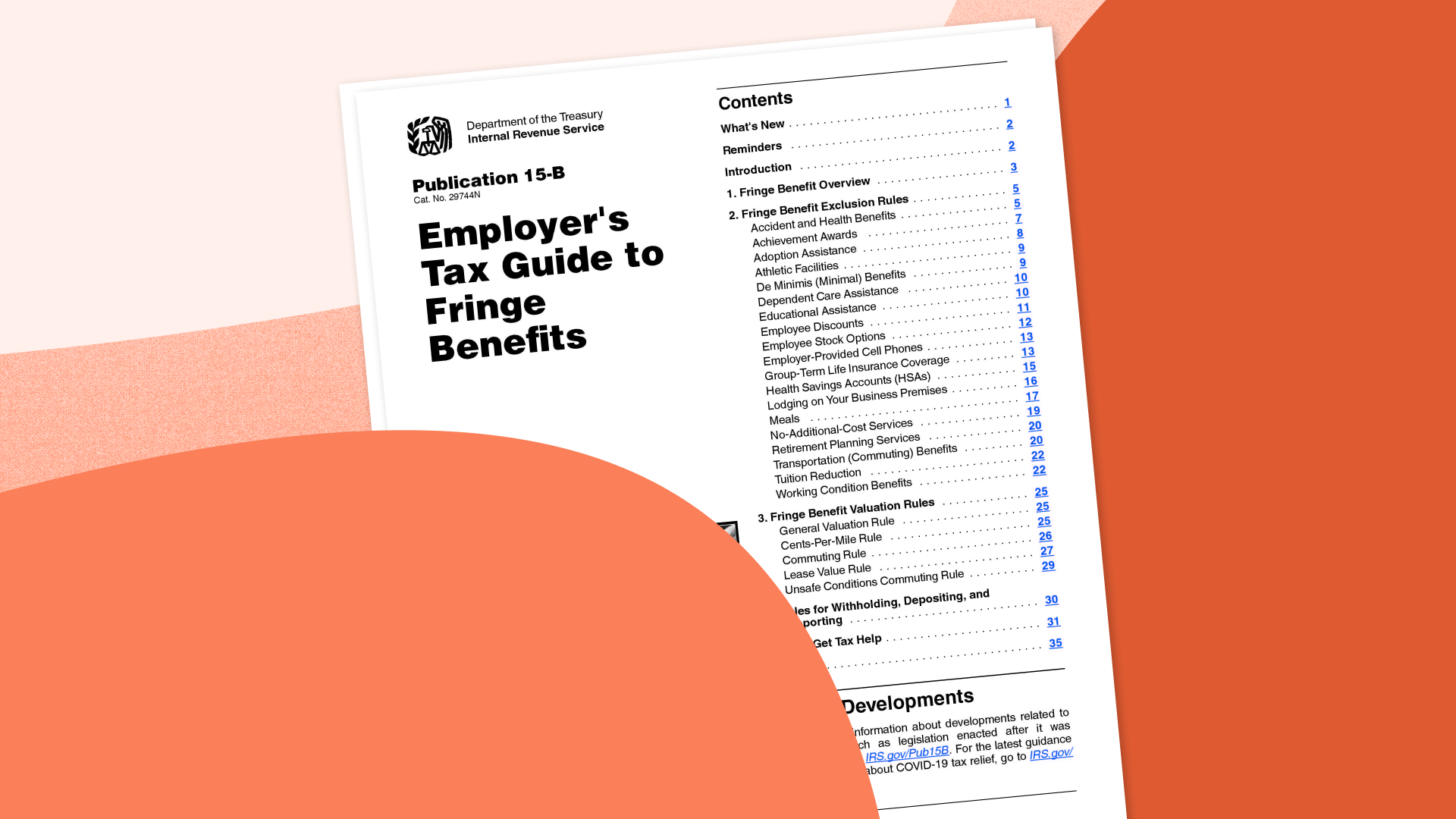What is FICA Tax?
FICA stands for Federal Insurance Contributions Act, and it is a federal law that requires employers to withhold three separate taxes from their employees' paychecks: Social Security tax, Medicare tax, and Additional Medicare tax. These taxes are collectively known as FICA taxes.
Social Security Tax
The Social Security tax is a 6.2% tax on wages, up to a certain limit. This limit is adjusted annually and if you make more than the limit for that year, you will only pay the Social Security tax on your income up to that limit. For any income earned past that limit, you will not need to pay Social Security taxes.
Medicare Tax
The Medicare tax is a 1.45% tax on all wages, with no income limit. This tax goes towards funding the Medicare program, which provides health insurance for individuals over the age of 65 and those with certain disabilities.
Additional Medicare Tax
The Additional Medicare tax is a 0.9% tax on wages that exceed a certain threshold. This tax applies to wages above a certain threshold and is intended to help fund Affordable Care Act tax provisions. For single filers, this threshold is $200,000, for married couples filing jointly it is $250,000, and for married couples filing separately it is $125,000. Note that this tax only applies to individuals who earn above these thresholds.
Why is FICA Tax Deducted?
Ah, the age-old question: why does FICA tax have to take a bite out of a hard-earned paycheck? Well, think of it as paying it forward. By contributing to Social Security and Medicare now, you're investing in your own future and helping ensure that these vital programs will still be around when you need them.
Exemptions and Exceptions to FICA Tax
While most employees are subject to FICA tax on their wages, there are certain exemptions permitted. For example, charitable organizations, churches and/or religious organizations, private foundations, political organizations and other nonprofits and the individuals employed by them may be exempt from FICA tax obligations. It's essential to understand these exemptions and exceptions to ensure compliance with tax regulations.
How Does FICA Tax Affect A Paycheck?
So, how does FICA tax affect a paycheck, you ask? Well, it's pretty straightforward: the more you earn, the more you contribute.
To calculate FICA tax, you can use the following tax calculator as provided by the IRS.
How Justworks Can Help
If you're a small business owner looking to demystify payroll for you and your team, you don’t have to tackle them alone: Justworks is here to help!
Justworks can assist by streamlining your business via Justworks Payroll, which includes calculating and withholding FICA taxes from employee paychecks. Justworks also helps businesses stay on top of changing regulations, can help submit required documents to the IRS, and even aid in classifying employees for tax purposes. Get started today let us handle the HR so you can do what you do best - run your business.
Check out our newsletter
Monthly tips on running a business in your inbox.
Check out our newsletter

Learn more with Justworks’ Resources
Scale your business and build your team — no matter which way it grows. Access the tools, perks, and resources to help you stay compliant and grow in all 50 states.






